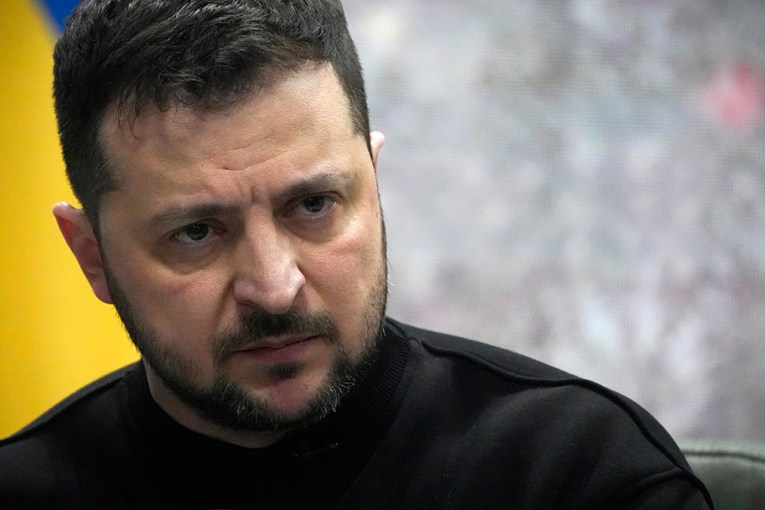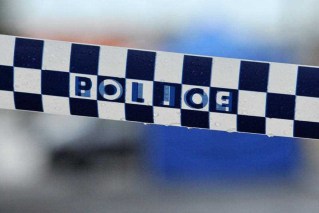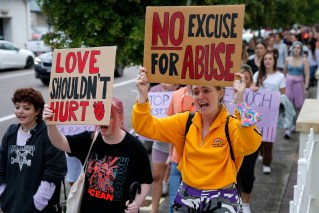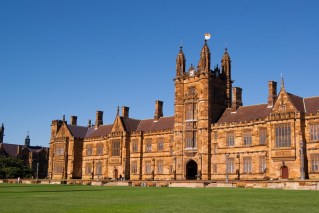Vaccine rollout leaves us trailing rest of the world – and that means more bad news

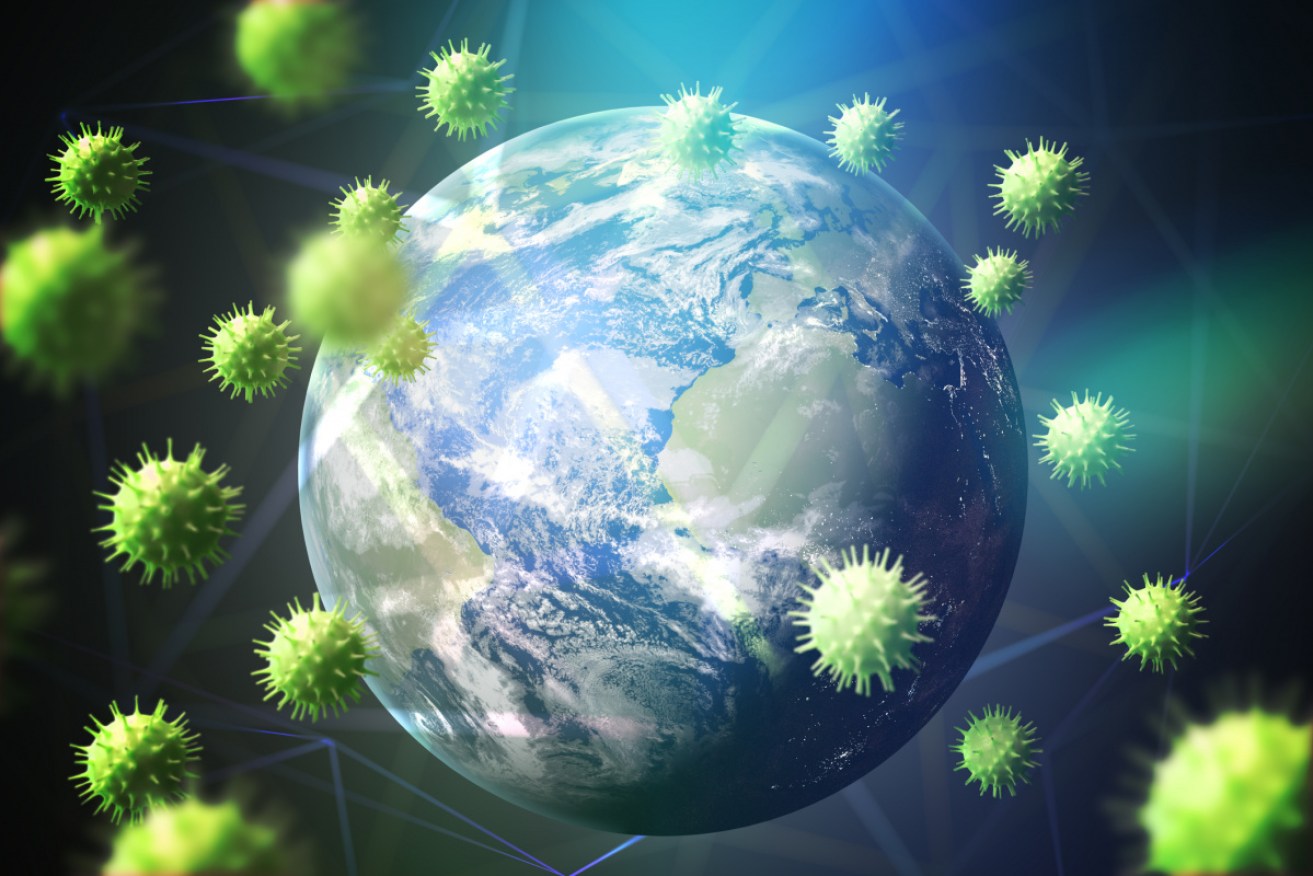
Australia's slow rollout will mean the international border stays shut. Photo: Getty
Australians can expect to miss out on travel bubbles, suffer sporadic lockdowns and face continuous economic hits, as our vaccine rollout falls behind the rest of the world.
That is the message from health experts and economists, who say Australia will be left behind because of this week’s AstraZeneca announcement.
We’re currently sitting in 90th place in the global vaccination race – a ranking that’s only going to slip further.
But it’s not all bad news – some of the country’s top epidemiologists are warning that while we may watch jealously as countries around us open up, the alternative could be a lot worse.
The world responds to a pandemic
On a global scale, the rollout has been extraordinary.
As of March 31, 574 million doses of the vaccine across 141 countries have been administered, reaching 3.7 per cent of the world’s population.
Israel leads the pack in terms of doses per population, with the United Arab Emirates coming second, followed by Chile, the UK, Bahrain and the US.
But our current position means we’re staying on home soil for a time further, said Associate Professor Paul Griffin, director of the Mater infectious disease unit at the University of Queensland.
It also means we can expect more lockdowns.
“Until we have an alternative strategy, which is meant to be the vaccine, they will continue,” Professor Griffin told The New Daily.
Although “mitigation strategies” will have to be in place until the rollout is complete, Australians should not be “too concerned” because we’re still reaping the benefits of having no community transmission, he said.
Overseas travel – bubbles beyond New Zealand – is completely off the cards for a while yet, he said.
“You need both countries to be vaccinated. Given how long it will take in our country to fully vaccinate everyone, the prospect of travelling again soon has to be deferred,” he said.

A lot has happened since Jane Malysiak received the first COVID-19 vaccine in Australia.
Economic toll
Our dragging rollout will mean more than missing out on overseas holidays, said Richard Denniss, chief economist at The Australia Institute.
“Tourism, the entertainment industry and the higher education sector will suffer,” Associate Professor Denniss told TND.
“Foreign students make an enormous contribution to the economy and we won’t let them back in before we’ve vaccinated the majority of people.”
He pointed to the recent cancellation of the Byron Bay Blues Festival, which would normally generate around $390 million for NSW.
“There are parts of the economy still on tenterhooks because people don’t want to put on events if there are lockdowns,” Professor Denniss said.
“A high or complete vaccination program delivers certainty.
“The longer we delay successful vaccination, the longer huge parts of our economy are exposed to the uncertainty of outbreaks and lockdowns.”
Miss out on travel, but miss out on COVID
University of NSW epidemiologist Mary-Louise McLaws said there was no point in being the first country fully vaccinated, if it wasn’t done properly.
“I’m more interested in us missing out on COVID,” Professor McLaws said.
Although “you need a crystal ball” to predict when exactly the majority of Australians will be vaccinated, ensuring we protect our frontline workers means we lower the risk of lockdowns and state border closures, she said.
“If all of the quarantine staff and frontline health clinicians have had Pfizer, there should be no reason to close internal borders – that group are looking after our front line,” Professor McLaws said.
“So we will be able to enjoy our own country without fear.”
The silver lining
For those with itchy feet, this week’s announcement was a brutal blow.
But there is a silver lining to a slower rollout, University of Sydney Immunisation expert Professor Robert Booy said.
“Australia’s rollout has been slow, we could have done better, but because we’ve taken a careful approach it means we’ve been able to learn from the experiences in Europe and the US,” Professor Booy said.
And ultimately, that was a good thing.
“There is a silver lining to learning from elsewhere. We can only do that because we’ve done a superb job controlling COVID.”
